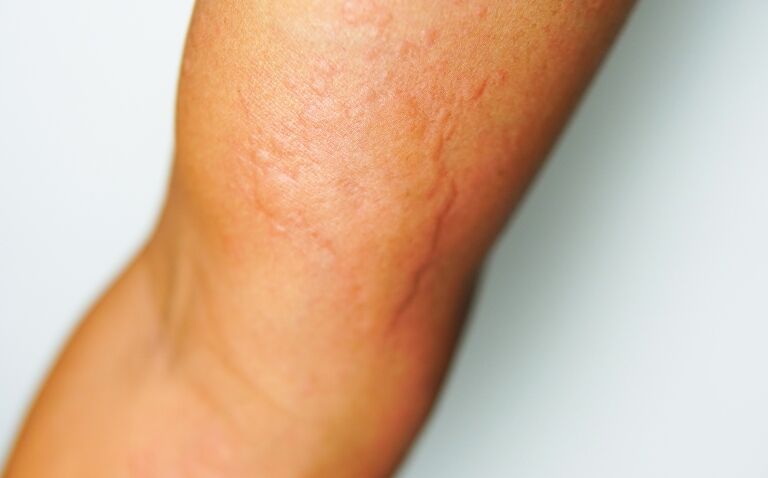The use of remibrutinib leads to rapid, clinically meaningful improvements across urticaria disease activity scores in patients with chronic spontaneous urticaria (CSU), according to the top-line results of two trials by the manufacturer Novartis.
The identically designed phase III trials REMIX-1 and REMIX-2 were undertaken in adult patients (≥ 18 years) who had experienced CSU for six months or longer and who found the condition to be inadequately controlled by second-generation H1-antihistamines.
The primary endpoints include absolute change from baseline in the weekly urticaria activity score, absolute change in itch severity score and hive severity score at Week 12.
Remibrutinib was found to have a fast onset of action, with patients seeing an improvement as early as two weeks after treatment initiation.
Patients currently enrolled in REMIX-1 and REMIX-2 will continue to receive treatment up to Week 52, and will have the opportunity to continue in a long-term extension trial.
Shreeram Aradhye, president, global drug development and chief medical officer at Novartis, said: ‘CSU is a distressing and unpredictable disease, and patients urgently need effective, convenient and well-tolerated treatments that can provide rapid and sustained relief from the relentless itching and deep tissue swelling that greatly impact their daily lives.
‘These positive top-line results from the Phase III REMIX studies confirm that remibrutinib, a highly selective BTK inhibitor, has the potential to be a first-in-class, oral treatment for people living with CSU whose symptoms are refractory despite use of antihistamines.‘
CSU and remibrutinib
CSU affects approximately 40 million people worldwide and is characterised by the sudden appearance of pruritic wheals and/or angioedema, persisting for more than six weeks. In addition, CSU causes significant emotional distress, with the majority of patients suffering from sleep deprivation and high rates of mental disorders, such as anxiety or depression.
There are limited effective treatments available for CSU, although recently it was found that the monoclonal antibody dupilumab is effective when used in conjunction with antihistamines.
Remibrutinib is a highly selective, oral Bruton’s tyrosine kinase (BTK) inhibitor that blocks the BTK cascade and prevents the release of histamine that causes itch, hives/welts and swelling. In Phase II studies, remibrutinib demonstrated fast onset of action and sustained efficacy in patients with moderate to severe CSU. The drug has been shown to be well-tolerated across all doses studied in Phase II.










